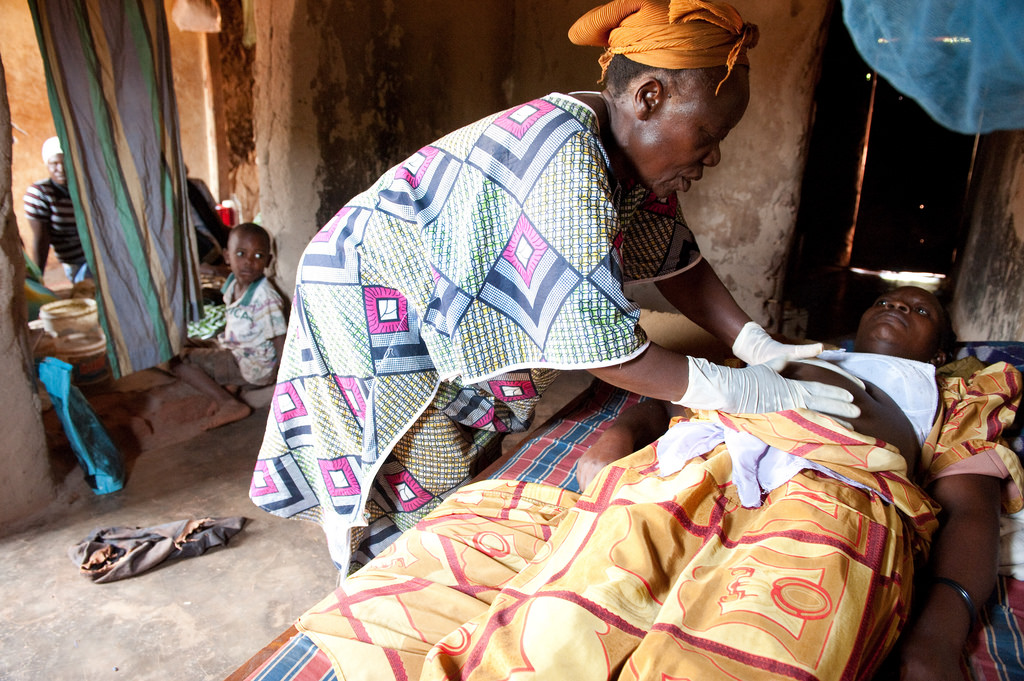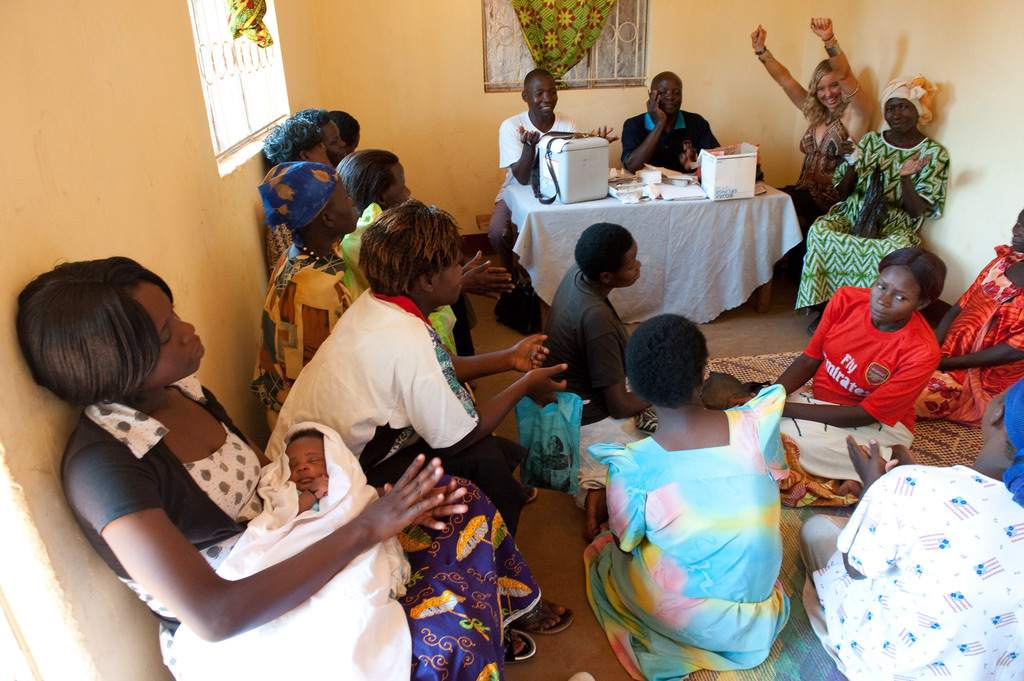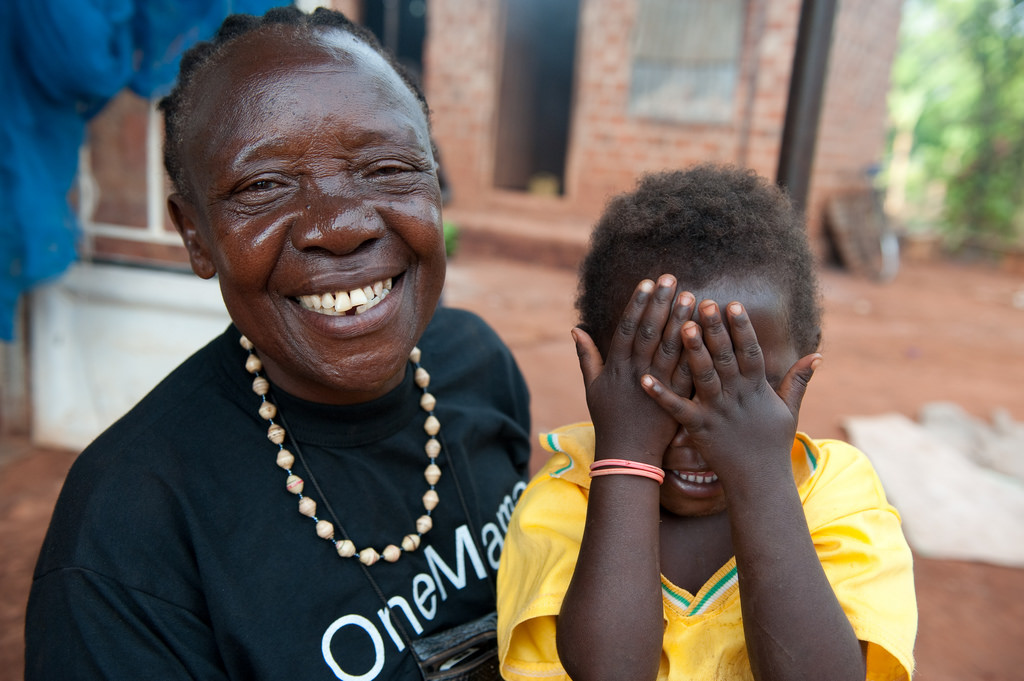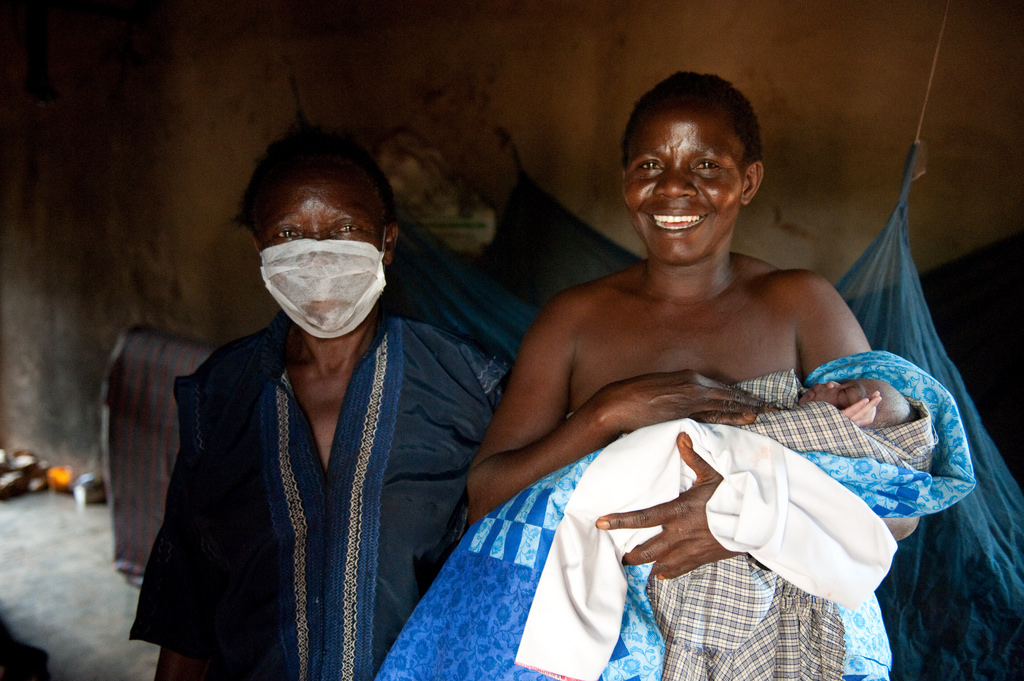OneMama Honoring the Loss of Babies Worldwide

October is National Pregnancy and Infant Loss Awareness Month
Every October since 1988 people have rallied together on this specific month to offer resources, provide a place to openly talk together, and to extend awareness about breaking the stigma around pregnancy and infant loss. As we come to the close of this month we want to continue to rally around and encourage those facing their own personal loss.
Here are some stats that show the large numbers of people affected:
- For every 1,000 babies that are born, almost six die during their first year.
- The risk of a child dying before completing the first year of age is highest in the African Region (55 per 1000 live births), over five times higher than in Europe.
- In 2015, 4.5 million babies died in their first year of life
4.5 million families instantly thrown into their deepest pain, 4.5 million families will walk through depression, families will be broken apart, and some will sadly go unsupported.

OneMama.org was founded from this same loss. Non-profit founder, Siobhan Neilland, first went to Africa because of her own miscarriage. Walking blindly into the unknown came from an inner desperation. “I have had a hard life, but the loss of my child really destroyed me,” she said softly. “Not only was I mourning, but my hormones, all the grief, and my mind was struggling. It impacted all areas of my life—my work, my relationships. I went to Africa to help others but it all started as a way to help myself,” she adds.

During that trip Siobhan met Mama Jamira, the traditional midwife who now operates from the clinic they built together. “I would watch all these women walking miles with no running water or shoes. It inspired me to start this clinic and prevent other women from experiencing the same pain I did.” This inspiration is what set her on a healing path now ten years on.
There are a lot of different pains that come with the loss of child, and Siobhan speaks vulnerably on it. “Medical personnel made me feel at times that postpartum depression wasn’t a big deal or people in my life would just pass it off as insignificant. That was hurtful. It wrecked all areas of my life and some relationships never recovered.”
Even with all the painful things she encountered during her experience, there also came moments of unity and strength. “Men would come to me crying that they lost a baby and it ended their relationships and now they were finding support through what OneMama was doing. It’s not just a female thing. Men struggle too. I would not feel so alone in those moments. I never want anyone to feel unsupported like I did at times.”

Helping men and women find their voice—apart from guilt, pain, or confusion—and in the midst of their mourning is how we begin to do that. In so many ways, OneMama is more than a physical clinic in Uganda. It has become a symbol that holds the space for people across the world to heal their own pain, work through losses, and seek comfort—even amidst chaos.
Below Siobhan shares ways we can support those struggling through a loss. In Siobhan’s words, the question we must ask is, “How can we transform the pain and bring it into the light?”
- Ask – “How can I support you?” Sometimes do things without asking like – doing the laundry or sweeping the floor, or making some freezer meals. Other days make sure you respect their space and ask them what they need.
- If the parents have named the baby they lost, acknowledge the baby’s name. This is a precious way to honour the family during this difficult time.
- Bring thoughtful gifts. Think of things you can bring that might bring them small amounts of comfort.
- Be around to help them with their day-to-day life, like taking care of task around their house or running errands for them.
- Remember to acknowledge the days that are the most challenging – the birth date, Mother’s Day, Christmas, etc. and make sure to keep remembering for years to come.
- Just sit with them. Don’t make them feel like they have to talk about all they are going through, just love on them. Also be available to listen if they do want to talk.
- Help them create a ritual or ceremony with a trusted community to honour the loss. This can be planting a tree, lighting a candle, or hiking to a spot of remembrance.
- Involve the men. Sometimes the men feel as if they have a disconnected pain but they are feeling the loss too, involve them and think of them throughout this process.
